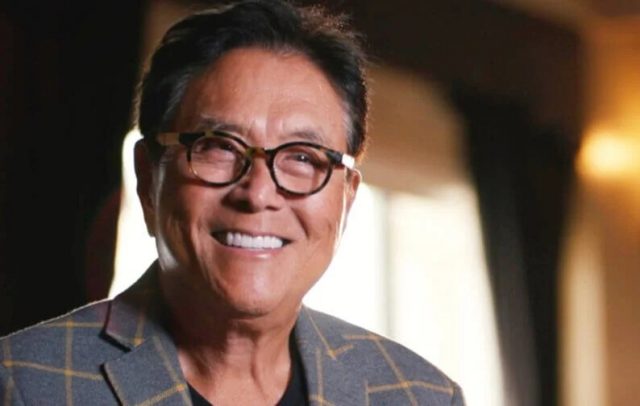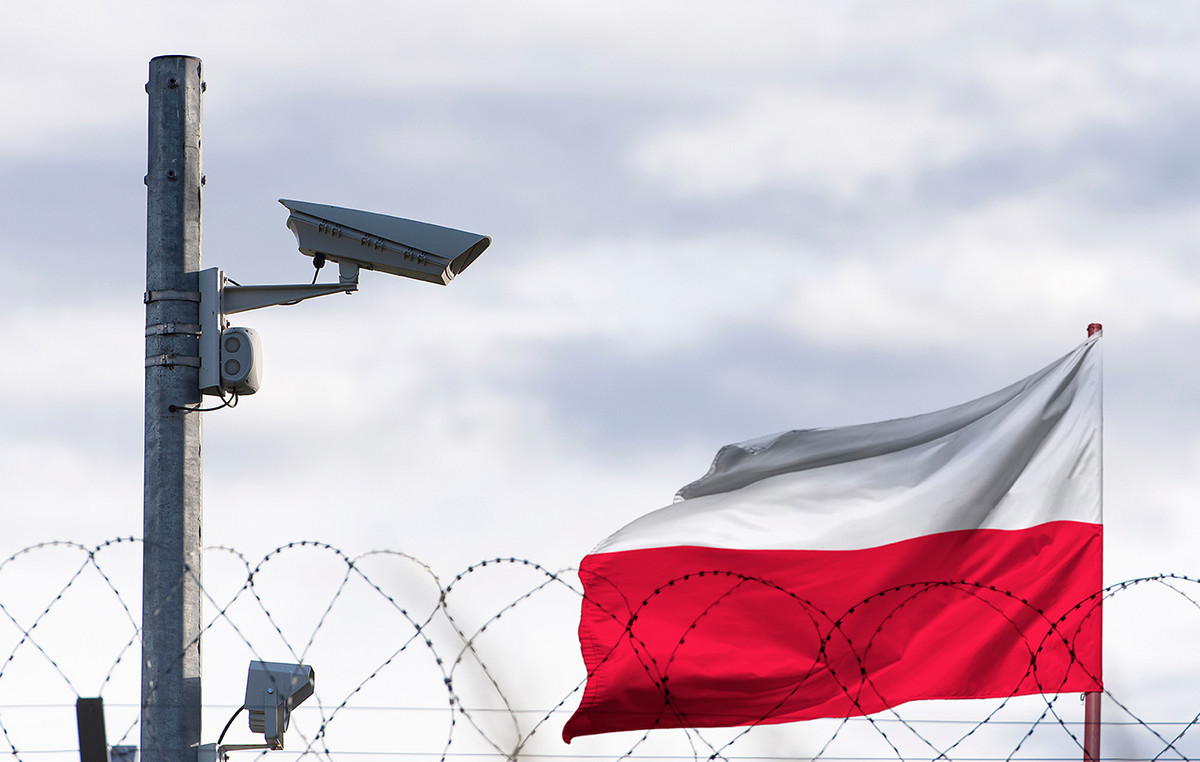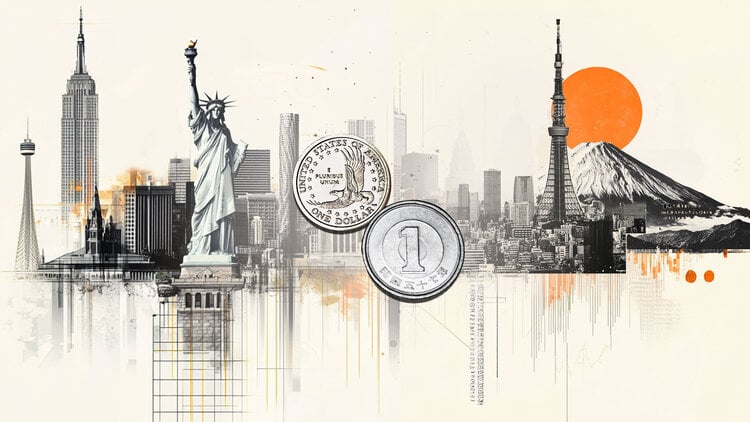This Saturday (24) marks the second anniversary of the war in Ukraine, which appears to be at its most vulnerable since the early days of the deadliest conflict in Europe since the Second World War.
The 40 million people of the former Soviet republic defied expectations — and the Kremlin's best-laid plans — by repelling a much larger enemy and avoiding total defeat in the days and weeks after Russian tanks and soldiers rolled toward Kiev.
But as the war enters its third year, international aid and military supplies are running out, affecting the battlefield where the Ukrainian counteroffensive failed, with Moscow making territorial gains.
Still, Ukrainian President Volodymyr Zelensky still has many important friends. This Saturday (24), he welcomes Western leaders to discuss security guarantees, sanctions against Russia and other urgent issues.
US President Joe Biden remains a staunch ally, although $61 billion in aid is held up by political wrangling in Washington.
Looking towards the end of 2024, US elections could change the president and US policy towards Ukraine and the war with Russia, leaving the outlook for the coming years murky.
During a trip to the United States in November, Zelensky invited Republican presidential candidate Donald Trump – a vocal critic of US support for Kiev – to Ukraine to see the damage caused by the battles.
Zelensky also told U.S. politicians that Russia, led by President Vladimir Putin, may not stop at Ukraine's borders if it emerges victorious.
Putin, in turn, considers such claims absurd. He classifies the war as a broader struggle with the United States, a country that the Kremlin elite says aims to divide Russia.
The West, on the other hand, sees the invasion as an unjustified act of aggression that must be repelled.
War past and present
In addition to receiving foreign authorities, Zelensky will participate in a video conference with G7 leaders. There will be events across Ukraine, including a commemoration service for those who died in Bucha, north of Kiev – the scene of some of the worst alleged war crimes in the conflict.
Ukraine's prosecutor general highlighted on Friday (23) that he has opened investigations into more than 122,000 alleged cases of war crimes in the last two years. Russia denies the accusations.
The initial shock of the invasion gradually turned into familiarity and then fatigue as the world watched Russia's initial gains and a stunning Ukrainian counteroffensive in late 2022 that turned into a grueling trench war.
In scenes reminiscent of the battlefields of the First World War, soldiers under heavy artillery fire die by the thousands, sometimes within a few kilometers of land.

Meanwhile, both sides have developed enormous and increasingly sophisticated fleets of aerial, maritime and land-based drones for surveillance and attack, an unprecedented use of unmanned vehicles that could point the way to future conflicts.
Russia, with a much larger population to replenish its army ranks and a larger military budget, may favor a protracted war, although the costs have been enormous for Moscow as it seeks to deal with sanctions and a growing dependence on China.
Ukraine's position is more precarious. Villages, towns and cities have been leveled, troops are exhausted, ammunition is running low and Russian missiles and drones are raining down almost daily.
In early February, Russia recorded its biggest victory in nine months when it captured the eastern town of Avdiivka, ending months of deadly urban fighting.
Still, Zelensky remained defiant before the two-year mark.
“I am convinced that victory awaits us, in particular, thanks to unity and your support,” he told diplomats in Kiev this week, in an emotional speech.
Tens of thousands of soldiers were killed on both sides and tens of thousands were injured, while thousands of Ukrainian civilians died. Moscow says it targets only military and strategic targets.
Increased costs
After two years of battles, the scale of the devastation in Ukraine is staggering.
A recent World Bank study said rebuilding Ukraine's economy could cost nearly $500 billion. Two million housing units were damaged or destroyed and nearly six million people fled abroad.
In addition to raising money and weapons to continue the war, Zelensky is passing legislation in Parliament that allows Ukraine to mobilize an additional 500,000 soldiers. This objective, however, could paralyze the economy, according to experts.
On the other hand, Russia's finances have so far proven resilient to unprecedented sanctions. Although natural gas exports fell, oil shipments maintained their previous level, largely thanks to Indian and Chinese purchases.
Russia's GDP grew by 3.6% in 2023, although some economists based in Russia have warned that this has been driven by a jump in defense spending and that stagnation or recession is looming.
Still, this will not compromise Putin's victory in March's presidential election, which he is expected to win by a landslide margin amid widespread support for his performance and the war, described by the Kremlin as a “special military operation.”
Over the past two years, Russian authorities have cracked down harshly on any form of dissent over the conflict. On February 16, Putin's most formidable domestic opponent, Alexei Navalny, died in a penal colony in the Arctic, where he was serving a 30-year sentence.
On Friday (23), Putin addressed troops fighting in Ukraine as Russia celebrated Defender of the Fatherland Day, hailing the soldiers as heroes fighting for “truth and justice”.
He laid a wreath at the Tomb of the Unknown Soldier, at the foot of the Kremlin wall, to honor those who died in battle.
Source: CNN Brasil
Bruce Belcher is a seasoned author with over 5 years of experience in world news. He writes for online news websites and provides in-depth analysis on the world stock market. Bruce is known for his insightful perspectives and commitment to keeping the public informed.







